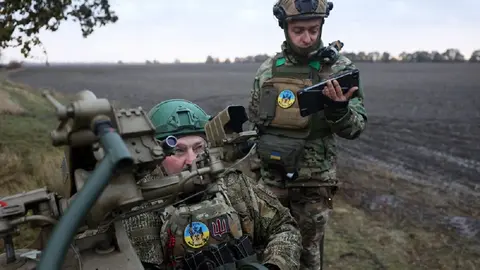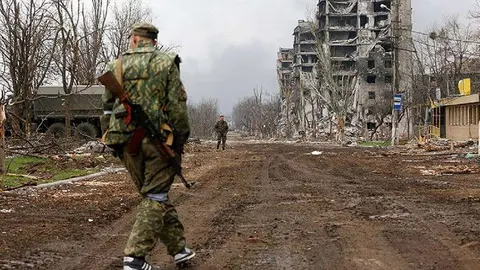Zelensky signs a security agreement with Germany
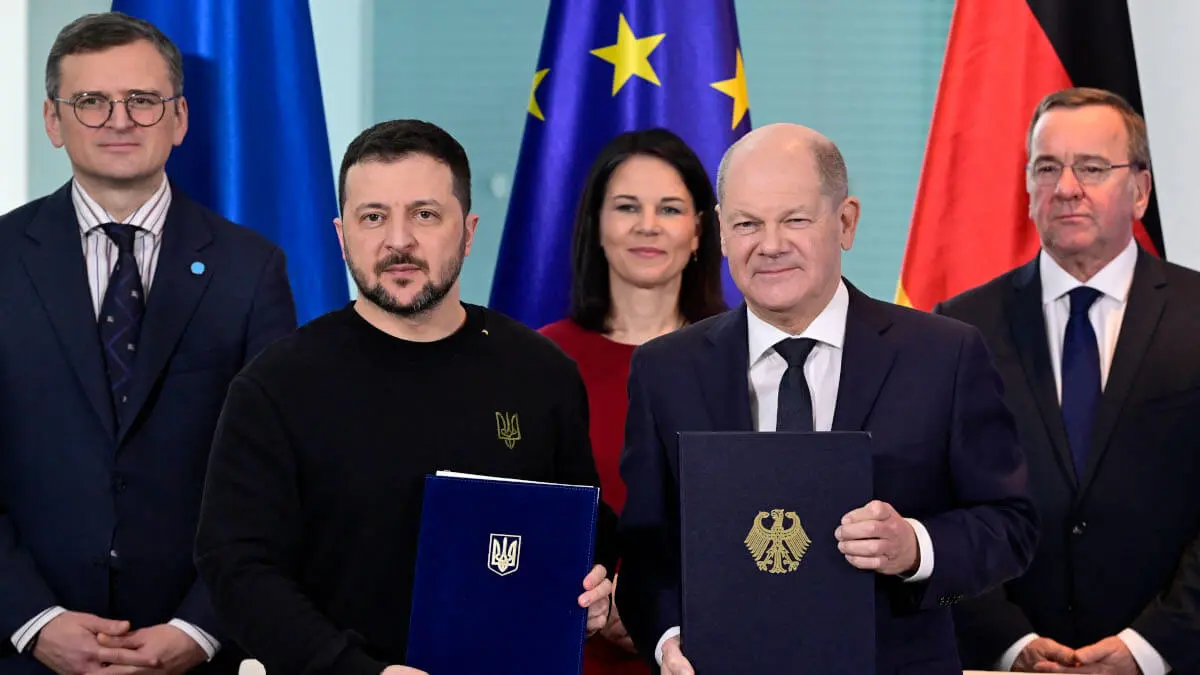
Ukrainian President Volodimir Zelensky is embarking on a new European tour aimed at securing more military support for his country during the ongoing war with Russia, which enters its third year next week.
- Ukraine faces a "very complex" situation on the battlefield
- With international attention on the Middle East, Russia intensifies its attacks on Ukraine
For the time being, Zelensky has already signed a bilateral security pact with German Chancellor Olaf Scholz that will cover Ukraine's "long-term security support commitments", according to Berlin.
The Ukrainian leader is also expected to reach a similar agreement with French President Emmanuel Macron. This pact will follow "commitments made within the G7 format on the margins of the NATO summit in Vilnius in July 2023", according to the French leader's office.
At that summit, NATO members did not set a timetable for Ukraine to join the alliance, but the G7 countries did pledge to provide Kiev with long-term security support.
I am starting two important days. Meetings with partners in Germany and France, new agreements, and the Munich Security Conference. A new security architecture for Ukraine, as well as new opportunities. We are making every effort to end the war as soon as possible on fair… pic.twitter.com/YNbdIffPK5
— Volodymyr Zelenskyy / Володимир Зеленський (@ZelenskyyUa) February 16, 2024
Similarly, according to EFE, based on sources in the Elysée, the agreement "will include concrete figures" on the scope of French military assistance. The pact also refers to "some concrete elements on military assistance" for Kiev to resist Russian attacks and that, when diplomatic negotiations with Russia finally take place, "Ukraine will approach them from the best possible position".
Ukraine faces a "very complex" situation on the battlefield
In addition to Germany and France, Ukraine also signed a similar agreement with the UK and hopes to reach similar pacts with other nations. Such security agreements are particularly relevant for Kiev as they may include the supply of modern military equipment and the training of Ukrainian soldiers.
For these reasons, such pacts are a lifeline for Kiev given the challenges Ukraine faces in its war against Russia. According to the new commander-in-chief of the Ukrainian army, the situation on the battlefield remains "very complex". Ukrainian troops are suffering from a shortage of ammunition amid renewed Russian attacks.
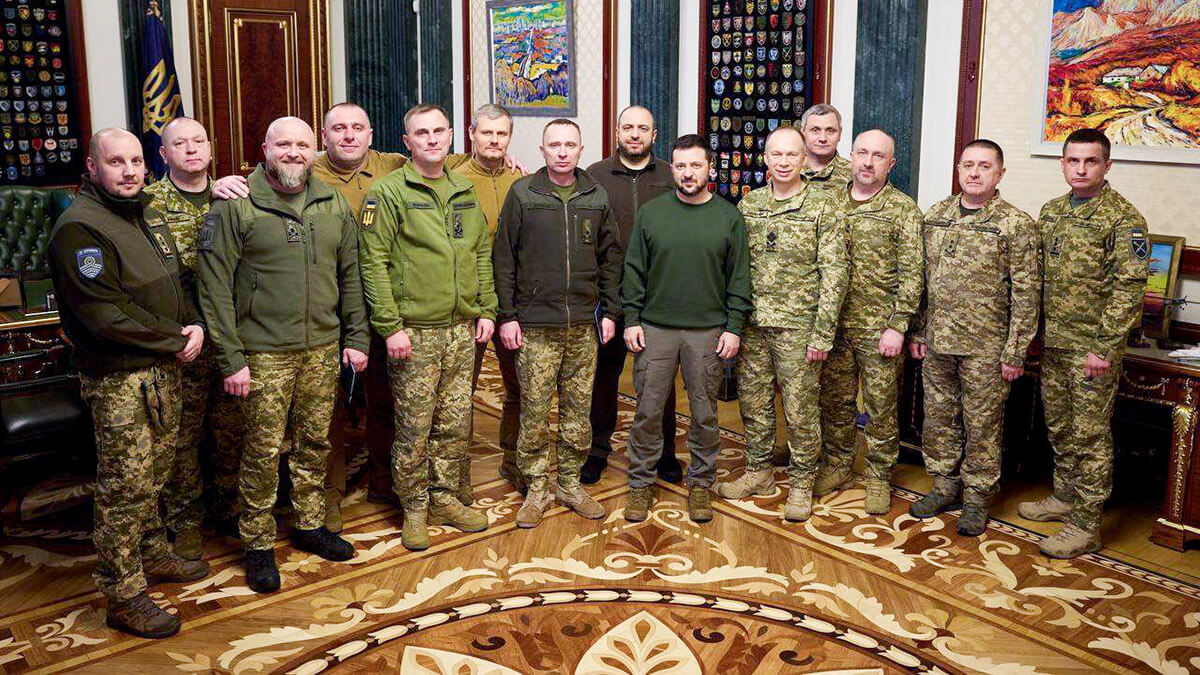
In Germany, Zelensky will also take part in the Munich Security Summit, an annual meeting that brings together international leaders to address current global security challenges.
In the German city, Zelensky will meet with US Vice President Kamala Harris, as well as the leaders of the Czech Republic, Denmark and the Netherlands.
At that meeting, as during his meetings with international leaders, Zelensky will seek to keep his country at the top of the European and global security agenda, despite developments in the Middle East that have partly overshadowed the war in Ukraine.
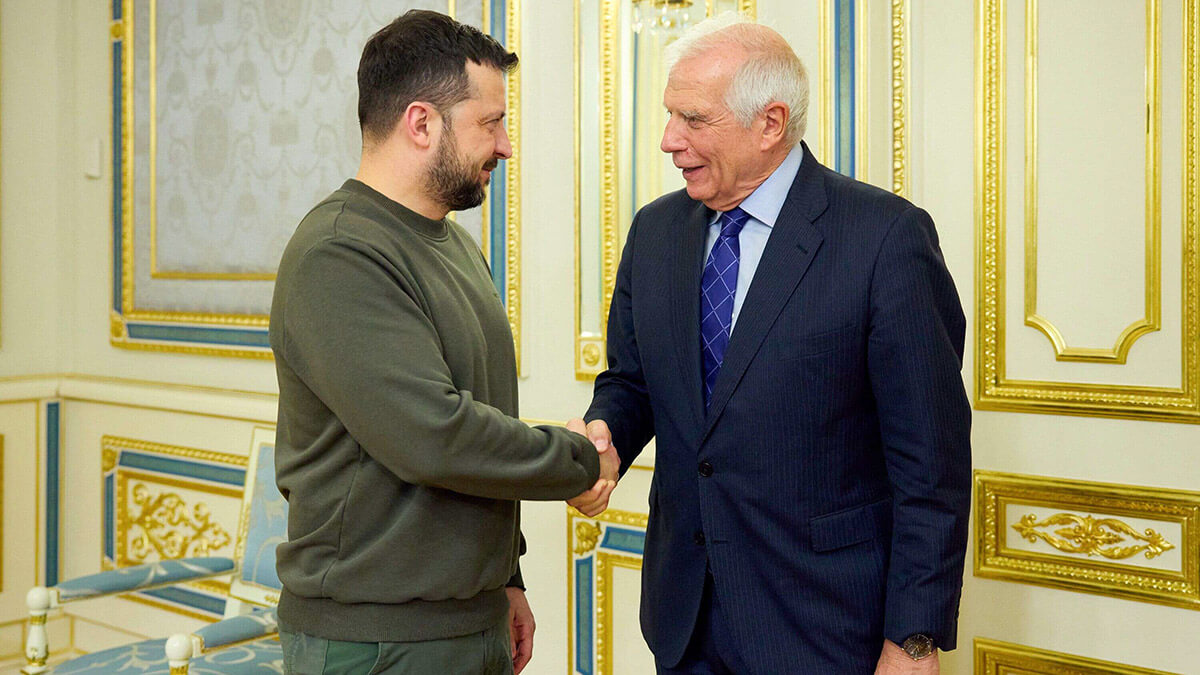
With international attention on the Middle East, Russia intensifies its attacks on Ukraine
With the Israel-Hamas conflict and tensions in the region rising, Russia has taken the opportunity to intensify its attacks on Ukraine. In mid-November, with the international spotlight on Gaza, Moscow bombed more than 100 sites in 24 hours, which was hailed as 'the biggest attack since the beginning of the year'.
Meanwhile, last December, Russian troops launched a "record" number of drone strikes against the capital, Kiev.
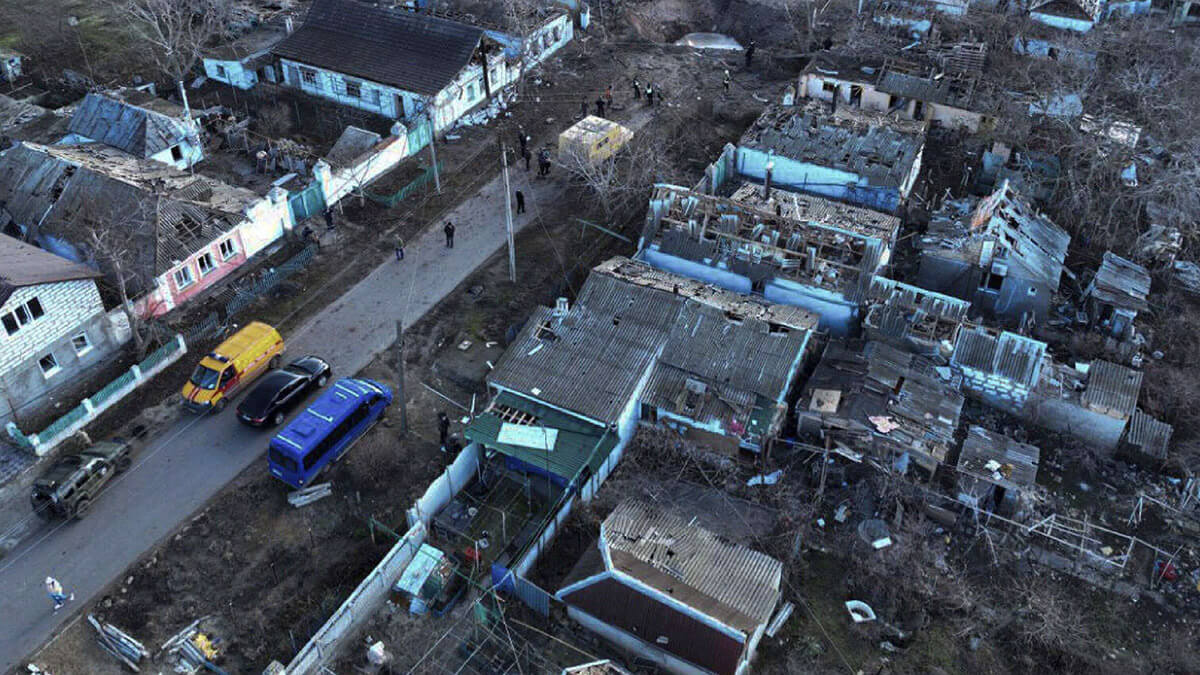
Also earlier this month, Ukraine's Interior Ministry reported a 24% increase in Russian attacks compared to the previous week. Ukrainian authorities have reported more than 1,500 recent attacks on more than 570 towns and villages that have left dozens dead and wounded.

